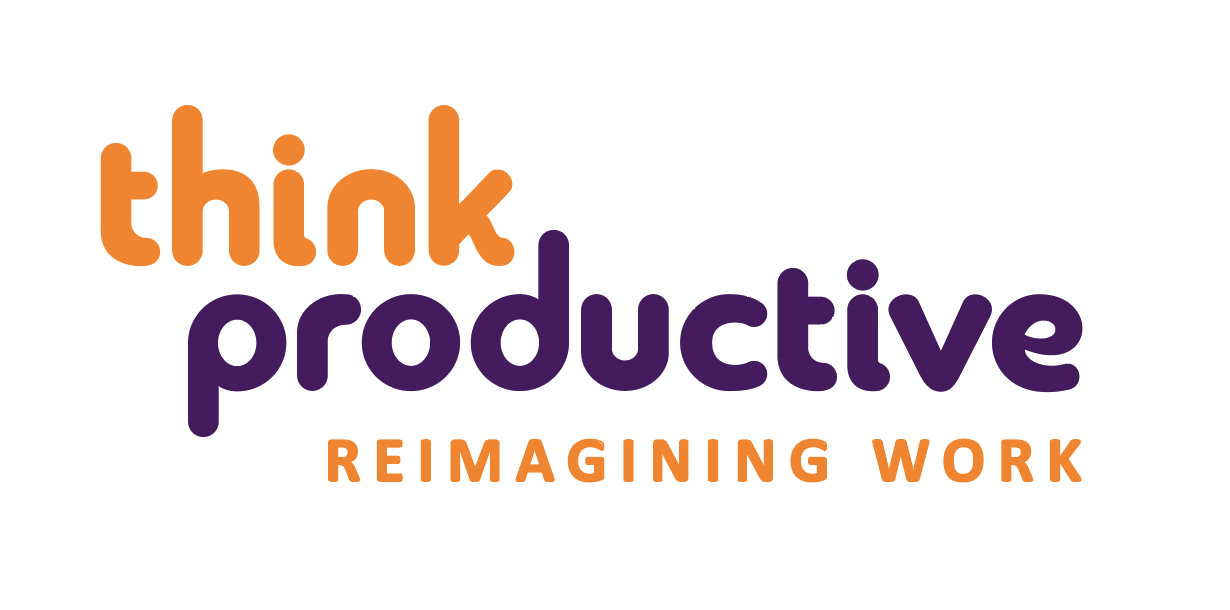Since 2011, our UK team has worked a 4 Day Week (4DW) – long before it hit the headlines. Back then, we were one of just a few companies globally to make the shift, choosing a permanent 3-day weekend as part of our commitment to productivity, wellbeing, and sustainable ways of working.
Fast forward to today, and the 4DW is gaining real traction – with trials, research, and media coverage highlighting its benefits for work-life balance, talent retention, and overall performance. We’re regularly asked how we make it work, what the impact has been, and whether we’d recommend it. (Spoiler: we would.) So here goes…
Why did we shift to a 4DW?
The move was led by our two directors, Graham Allcott (founder) and Elena Kerrigan (MD). They had seen various studies that looked at the law of diminishing returns in knowledge work (basically, in jobs where you work with your brain rather than your hands, you get tired after 30 hours, verses in jobs where you work with your hands, it’s closer to 40 hours). We ran a 1 month trial. We measured productivity and stress levels via staff surveys. As predicted, people are obviously much happier, more well-rested and less stressed, but they also naturally start thinking more about the impact of what they focus on at work (better quality productivity). You can find out more about why we champion the 4DW here.
How did it affect pay and hours?
We didn’t cut holidays. We didn’t cut pay. When we first switched, we didn’t technically cut hours, either. We asked everyone to work slightly longer days Monday to Thursday and then work one Friday in every four, so everyone still completed the same hours per year as someone on a 5DW. Since then we’ve ditched the slightly longer days part (without reducing pay). We still ask everyone to work one Friday in every four. This gives us a nice secret “overflow” day with no meetings to catch up on project work.
Has there been a downside to the four day week?
Honestly? No. When we switched, we were very clear that we didn’t want clients to notice, or to feel like we were ‘abandoning them’ on Fridays. However, Fridays are a slower day anyway (precisely because most clients we work with are working a five day week and so everyone we work with is tired by Friday!).
What do people do with permanent Fridays off?
You’ll know from bank holiday weekends, that three days of rest feels infinitely longer than two. We think the reason is that there’s always a day or so of ‘life admin’ to do every weekend (washing, tidying, childcare, mortgage applications, etc. etc.) so the time to get beyond this and actually relax increases by 100% (from one full day of relaxation to two).
What are the benefits?
The wellbeing impact is obvious. Put simply, we have a better quality of life!
The productivity impact is transformational. Psychologically, knowing that every day is a quarter of your entire week ensures a sharper focus and we think it significantly reduces procrastination.
Coming into work more rested and less stressed also makes us better decision-makers and more open to opportunities and ideas.
Being happier employees, proud of where we work and empowered with the freedom and responsibility to focus on the higher-impact work, we would also definitely describe ourselves as super-engaged!
Would we ever go back to a five day week?
Never. Why go backwards, when you can go forwards?
What next?
- Download our handy ‘Recipe for Success‘ as a guide if you’re looking for tips on how to implement the 4DW in your organisation.
- Read Elena’s article on how to fit FIVE days into FOUR
- Listen to her talk about it on the Four Day Week podcast.
- Are you flirting with the idea of a 4DW as a company? We are THE BIGGEST 4DW champions and want to help you make this a reality. Book in a free, confidential 20 min zoom with a Think Productive Director and pick our brains on how we’ve made the 4DW work for over a decade!
Ps. If your organisation is not ready to think about the 4DW, we do understand. That’s why we only talk about it in our “Why we Don’t Work Fridays‘ keynote.
